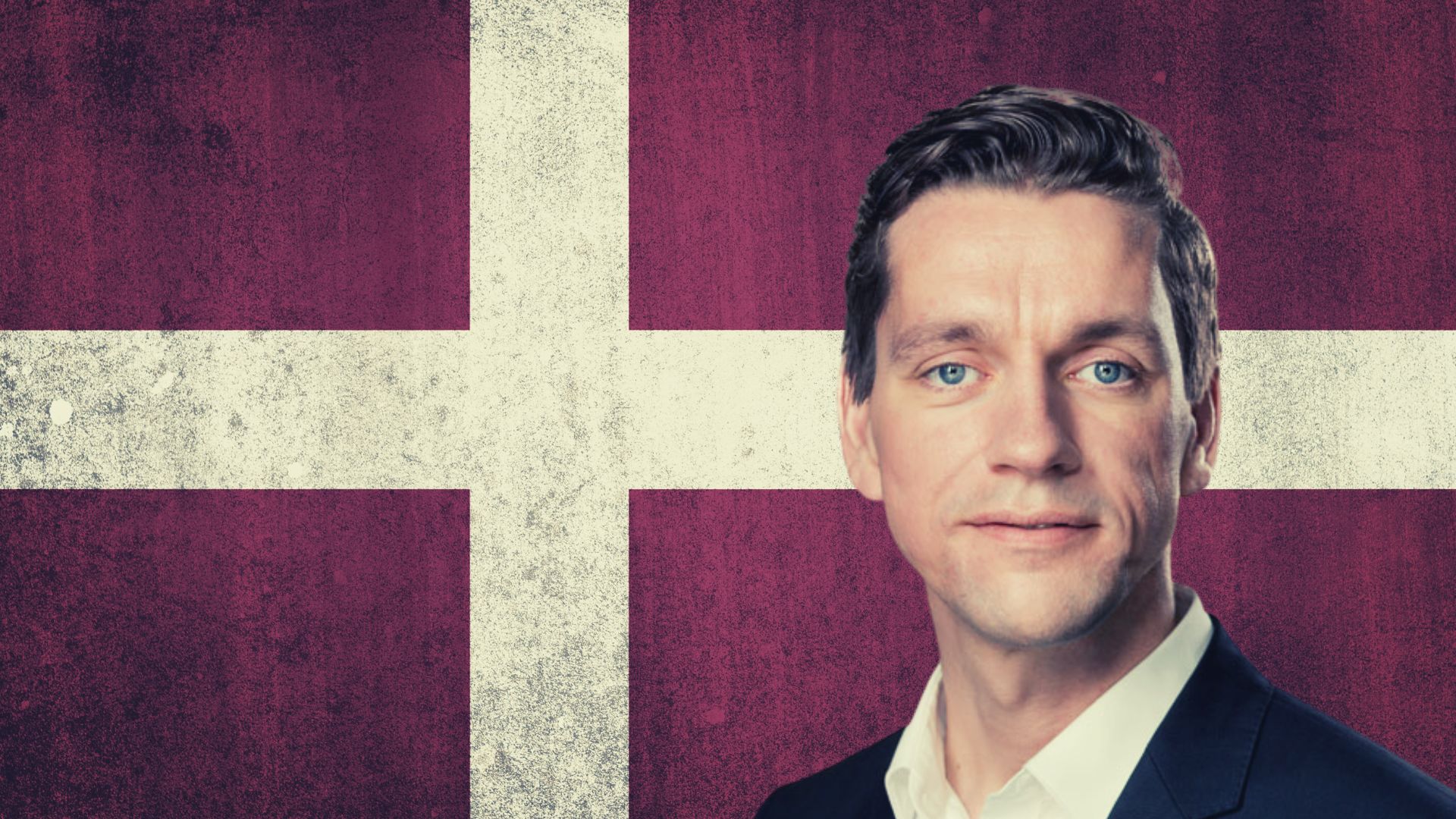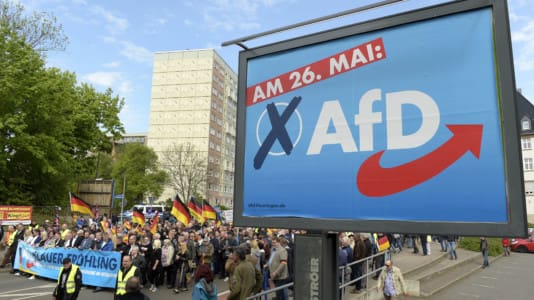Europe’s future involves more barbed wire and fences due to an ongoing migration the EU has failed to fix, said Denmark’s new immigration and integration minister, Kaare Dybvad Bek, in a new interview with German newspaper Die Welt. The interview focused on Denmark’s uniquely strict immigration policy, how Denmark and Germany differ on the issue, and why immigration from the Middle East is uniquely problematic for Denmark.
“Yes, I think we will see more fences and barbed wire. Every nation-state must ensure that it is in control of its borders. If a majority in the European parliaments decides on a certain policy, then of course it has to be enforced at some point,” Bek said during an interview with German newspaper Die Welt when asked whether “Fortress Europe” would become a reality for Europe in the future.
“We must be able to decide how many refugees we want to take in. That should be a democratic decision,” added Bek.
[pp id=61780]
Bek argues that migration flows are currently dominated by people smugglers, who are earning billions each year. He presents the issue in humanitarian terms, arguing that Europe is only promoting a situation favorable to people smugglers due to its current policies.
“So we need to create a system that respects the original idea of the Refugee Convention, which was to give protection to people who really need it and to do it as quickly as possible. We therefore hope that we can handle the processing of asylum procedures in third countries at a European level,” said Bek.
However, in what comes as a disappointment for those worried about the massive demographic replacement occurring in Europe, Bek appears to take the stance that immigration is an overall desirable phenomenon and that the process simply needs to be better regulated.
“Tens of thousands of refugees are waiting in Congo, Jordan, Myanmar or other countries, who have very little chance of life in Europe under the current system. I hope we can change that with another system,” said Bek.
[pp id=8114]
As Remix News has previously reported, Denmark’s left-wing government has arguably the toughest immigration policy in Western Europe and has implemented a number of key reforms to dramatically reduce migration, both legal and illegal. However, Bek takes a notably softer approach to the issue than his predecessor, Mattias Tesfaye, who served as migration minister until 2022. Tesfaye had previously stated that his dream was “zero asylum seekers” to Denmark.
Bek told Welt that 966,000 people applied for asylum in the EU, which explains why European nations are increasingly demanding action on the issue.
“We therefore did not have to convince many people first. In many countries, the reality is changing, and they can no longer cope with the situation. Austria, which is our closest partner in these discussions, is in a very precarious situation. The Dutch are also demanding changes, as are the Baltic States and Central European countries such as the Czech Republic and Slovakia,” said Bek.
The German newspaper also asked about Denmark’s immigration policy in relation to Germany, detailing how the German government has taken an increasingly pro-migration stance.
[pp id=21445]
“Contrary to the European trend, the SPD-led federal government is more committed to liberalizing the asylum system. Federal Interior Minister Nancy Faeser is against putting more pressure on deportations at an EU level and making it more difficult to issue visas for countries unwilling to take them back,” Welt told Bek.
The Danish migration minister explained that both countries face different pressures and have different ways of handling the same issue, but “I didn’t come to Berlin to tell the German government what to do.”
Bek, however, expressed hope that the German government would support Denmark’s stance of sending asylum seekers to third countries while their asylum applications are being processed. Denmark has made headlines for its special arrangement with Rwanda for this purpose.
The Danish migration minister also noted that Germany had a somewhat similar policy by supporting a refugee deal with Turkey, which essentially involved funneling billions to Turkey in exchange for stemming refugee flows.
[pp id=48440]
“So I hope that we will have an open discussion on these issues. Both Denmark and Germany and other European countries would gain a lot if we jointly came to have democratic control of illegal immigration. It’s not about preventing migration, it’s about controlling it,” said Bek.
When asked why Denmark took the issue of immigration so seriously when so few people were arriving in Denmark, Bek responded that it was an issue of integration, including areas such as respect for freedom of religion and ensuring men and women have the same rights.
“What I experience is that we have problems on these points, especially with migrants from countries in the Middle East. Sometimes respect for religious texts is greater than for the constitution. People with a migration background are also greatly over-represented in crime statistics. Under these circumstances, the number of people who can be integrated into society has a certain threshold,” said Bek.





